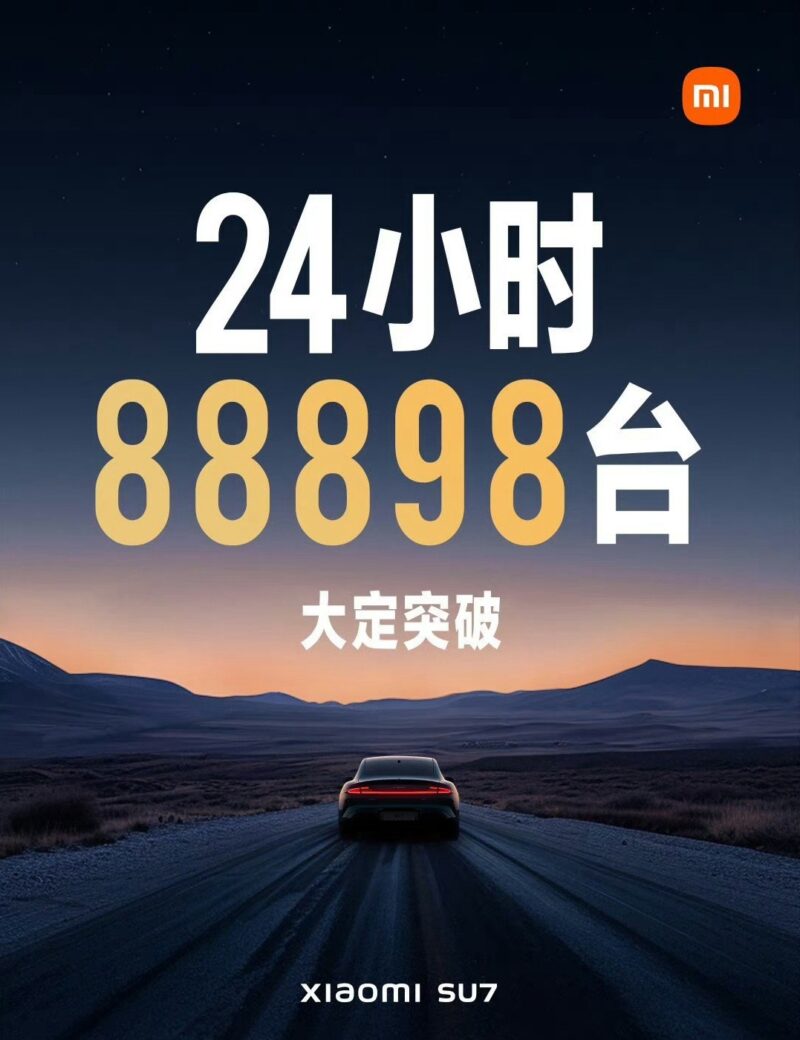Xiaomi SU7 sold out for 2024 within 24 hours
Xiaomi announced it received 88,898 firm orders for the SU7 within 24 hours following the launch. The test drives started on Friday in China in 59 stores in 29 cities nationwide, resulting in overcrowded venues. The deposit customers must pay to lock in their car is 5,000 yuan (850 USD).
As the SU7 homologation filings revealed, Xiaomi uses a state-owned Beijing Automotive Industry Holding Co. (BAIC) as a contract manufacturer. According to the Ministry of Industry and Information Technology (MITT), the Xiaomi SU7 will be assembled by BAIC Off-road Vehicle Co., a subsidiary of BAIC, in the new Xiaomi plant in Beijing. Interestingly, BAIC is also the largest shareholder in Mercedes-Benz, owning 9.98% of the German automaker.
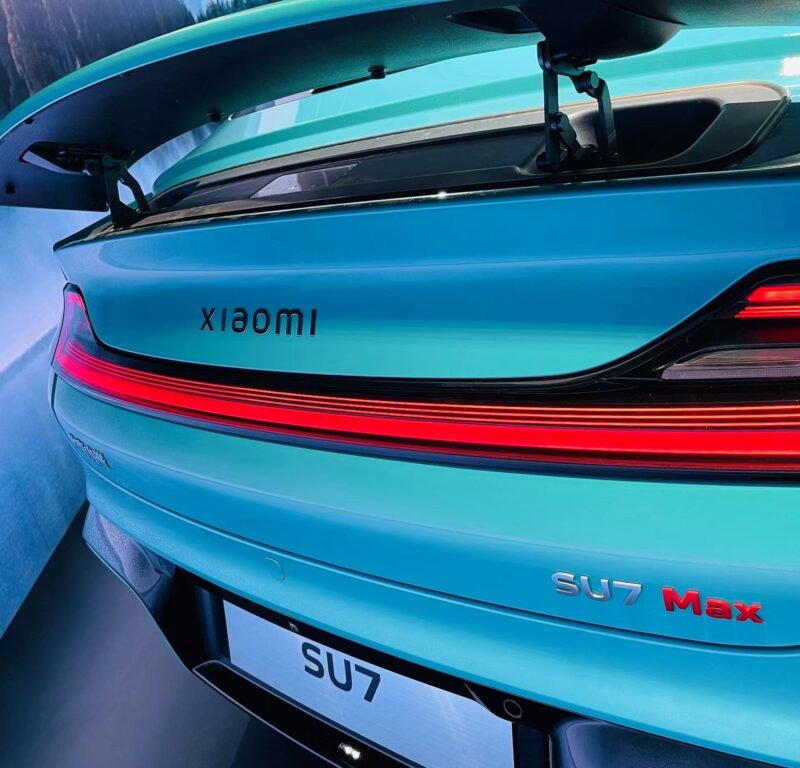
The new Xiaomi plant started construction in April 2022 and was finished in June last year. Xiaomi applied for the sales license of SU7 in November, and the trial production in the plant started in December. The mass production of the SU7 has already begun, however not at full speed, and the customer deliveries will start by the end of April, according to the company.
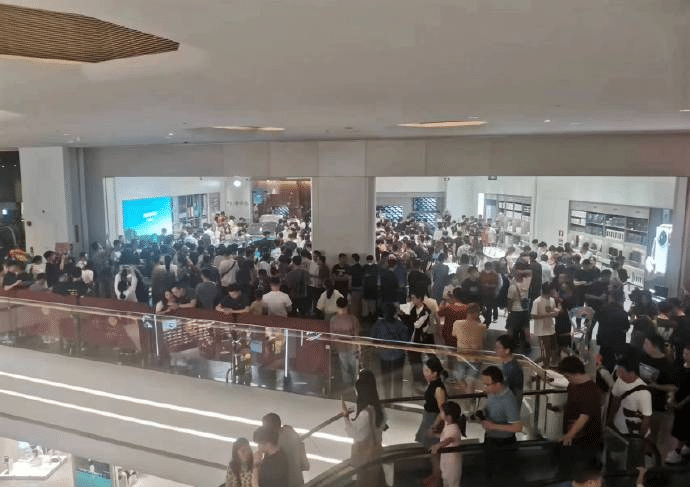
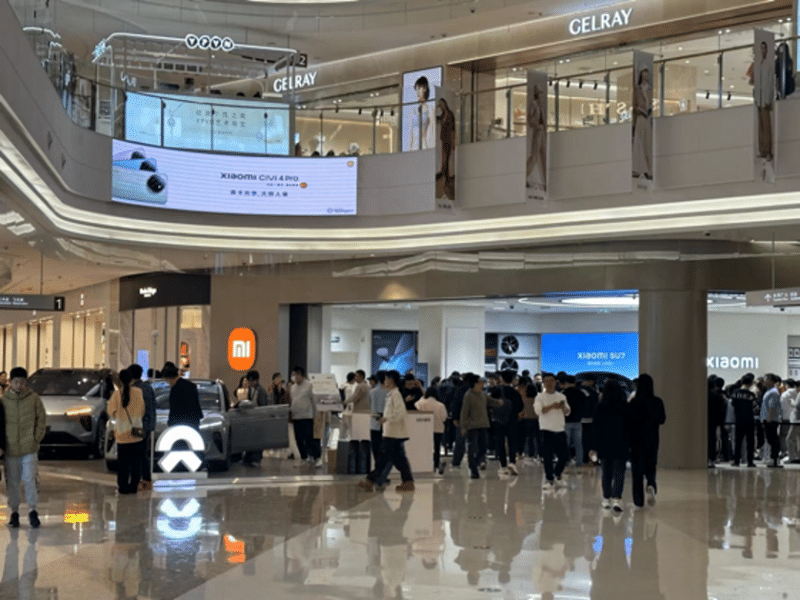
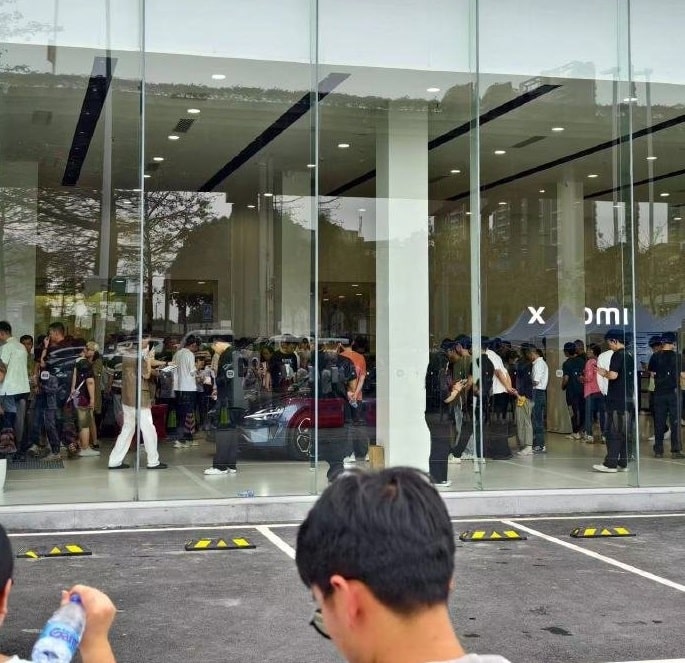
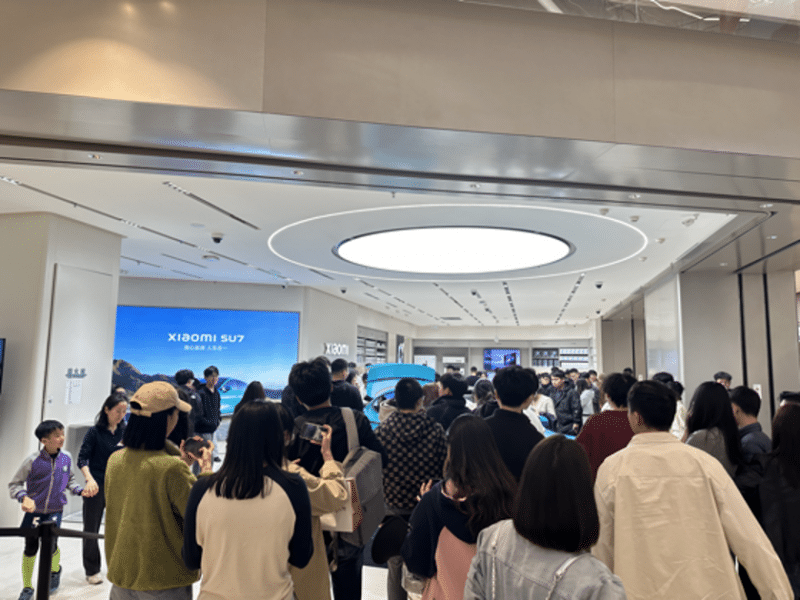
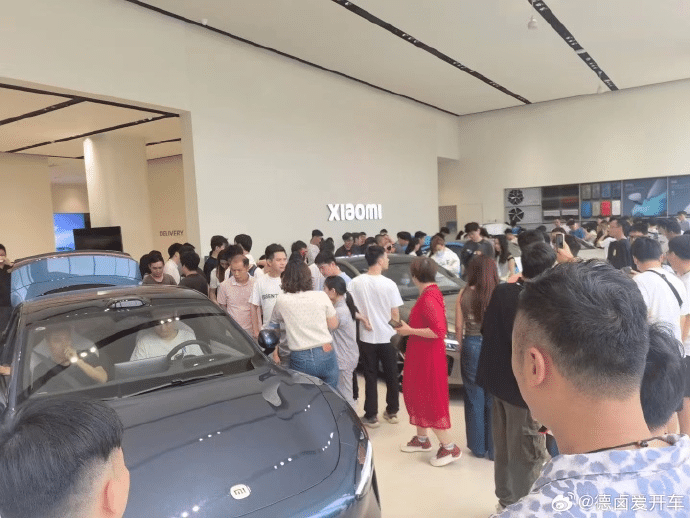
The Xiaomi Beijing plant has an annual production capacity of 150,000 vehicles in the first phase, increasing to 300,000 vehicles in the second phase. Considering that production hasn’t yet reached total capacity, Xiaomi will have eight months of full production in 2024, which means it can produce about 100,000 cars, maybe a little more if there are no significant issues with shifts at production lines. The company received about 90,000 firm orders in the first 24 hours and hasn’t released any update since then, but it is almost certain that now, 48 hours after the launch, the order book is way over 100,000 units.
Xiaomi SU7 starts at 215,900 yuan (29,900 USD). According to Xiaomi CEO Lei Jun, the price was decided a night before the launch, and the aim was to undercut the Tesla Model 3 by 30,000 yuan (4,100 USD). Tesla Model 3 costs 245,900 yuan (34,600 USD) in China for the base model with a 606 km CLTC range and 60 kWh CATL battery.
The top trim level of the Xiaomi SU7 is AWD with dual motors and a combined output of 495 kW (663 hp). Thanks to a 101 kWh Qilin battery from CATL, it has an 800 km CLTC range. It is almost 5 meters long, with dimensions 4997/1963/1440 mm and a wheelbase of 3,000 mm.
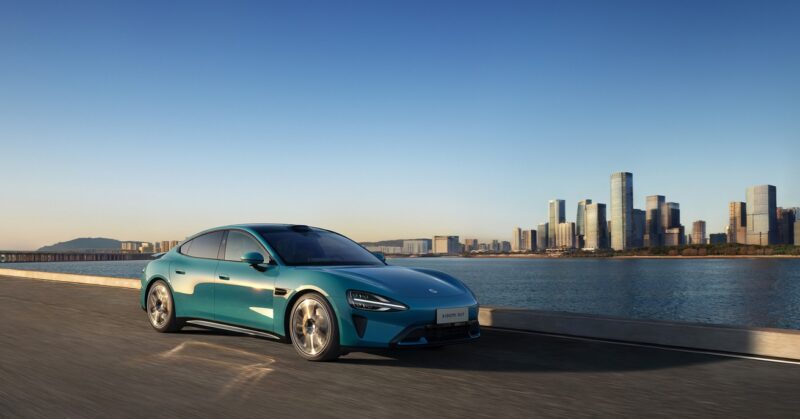
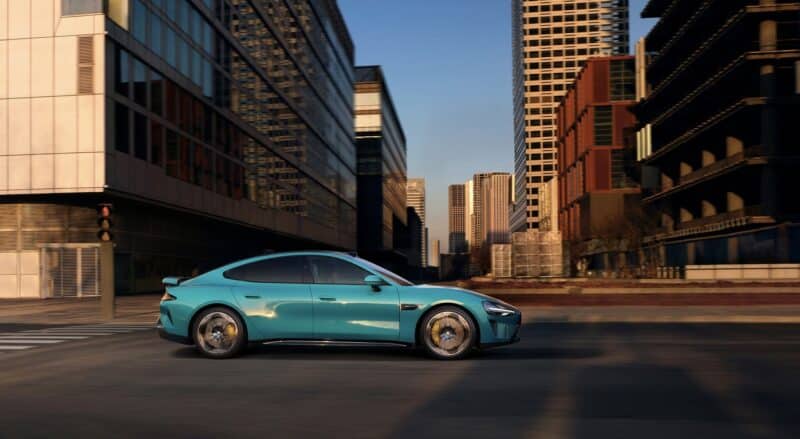
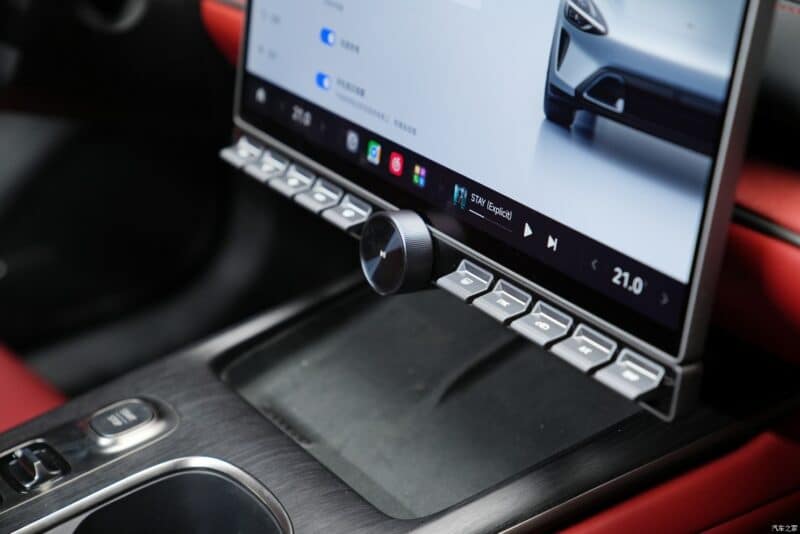
Editor’s comment
You might think that the successful acceptance of the Xiaomi SU7 is mainly due to the price or, say, price/value ratio. And yes, it is fair enough, but not exceptional in China. If you look at a competing electric sedan from Geely – Zeekr 007 – it offers similar specs for an even lower price. The base model 007 starts at 6,000 yuan (850 USD), is cheaper at 209,900 yuan (29,000 USD) and features a 688 km CLTC range thanks to a 75.6 kWh battery. It even surpasses the Xiaomi SU7 in terms of power as it has a 310 kW (415 hp) motor with 440 Nm torque. SU7 has “only” 220 kW. It also features Zeekr AD, driving-assisted software.
So, there are two reasons for the SU7’s success. First, the personality of Lei Jun. He is a showman marketing guru who can spark excitement about his product. Does it remind you of someone? Even the whole launch conference had certain Steve Jobs vibes. He is also a fast learner and is not ashamed to admit his competitor gave him lots of support. He took lots of advice from the CEOs of his competitors Nio, Li Auto, and Xpeng, which he invited to the launch show. Interestingly, he did something similar when he launched his first smartphone 14 years ago when he took lots of know-how from Meizu.
Secondly, Xiaomi already has users’ trust in China, which is an essential factor. Most Chinese households have some Xiaomi products, and the connectivity among its devices is excellent. The connectivity with the new product – car- is no exception. Also, regarding trust, there are about 100 EV builders in China now. Most of them will not survive the next five years. When you are a consumer in China, you think about warranty as it influences how much you can sell the car on the secondary market when you want to update. If the automaker goes bankrupt, selling your vehicle will be very difficult.
However, not everything is rainbows and butterflies in Beijing. Reports about negative sentiment emerged as some customers complained they couldn’t cancel their firm order, and some quality issues of text cars started gaining publicity. As it is Xiaomi’s first car, that is not surprising. But at this moment, Xiaomi is the winner as they managed to launch a vehicle within three years of announcing EV making plans in 2021, and China’s EV competition will get even more fierce in 2024. We will keep an eye on it.
